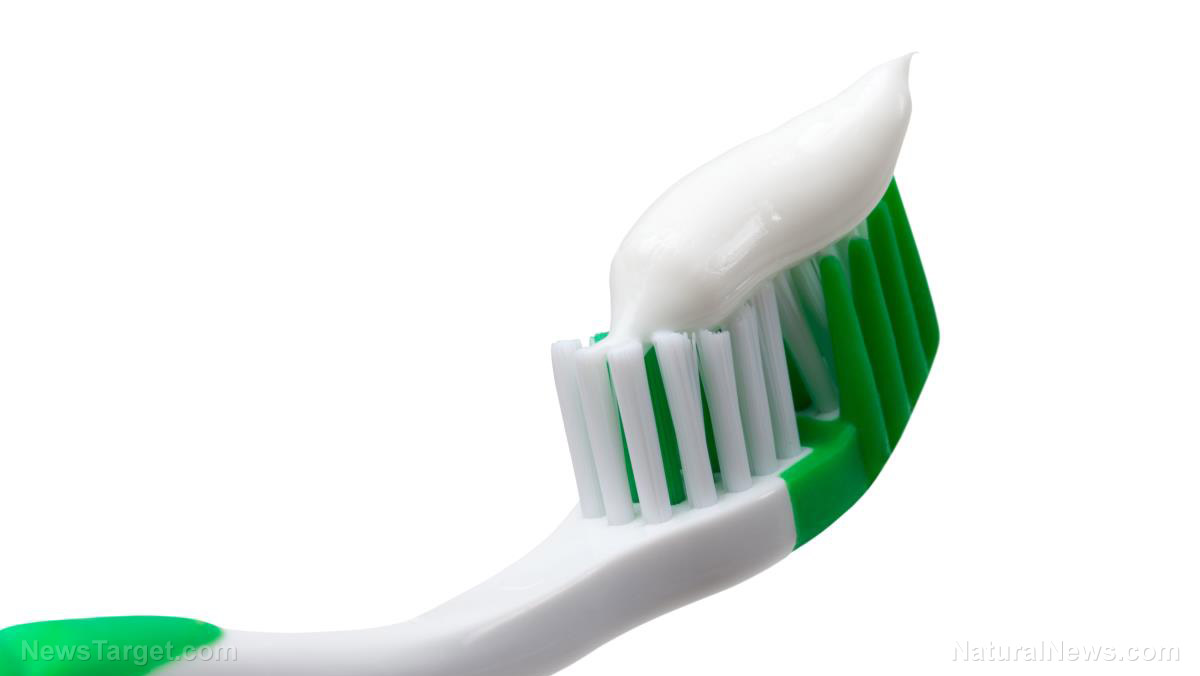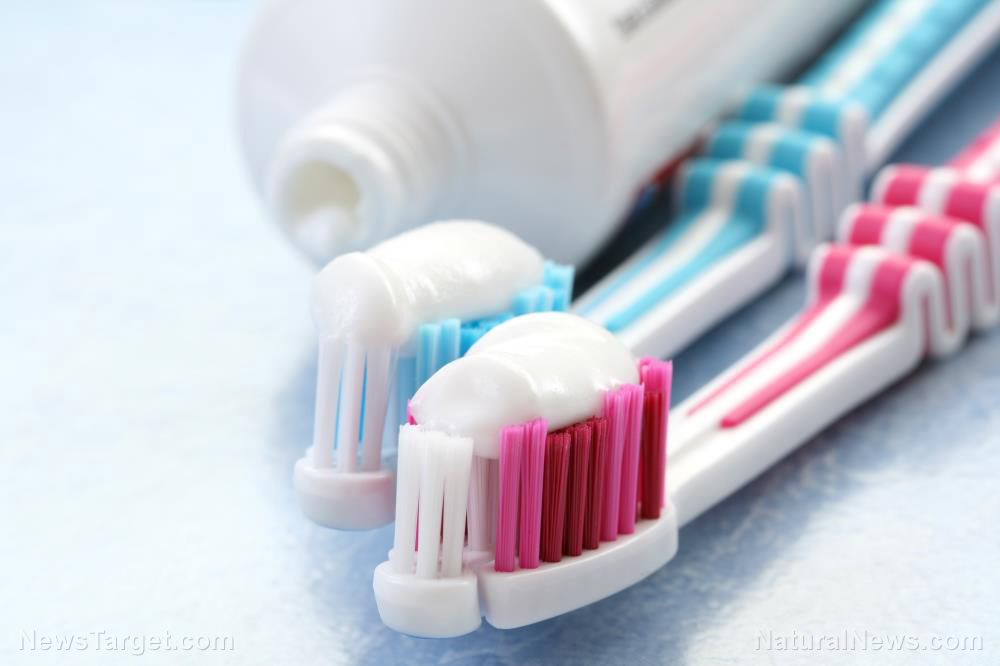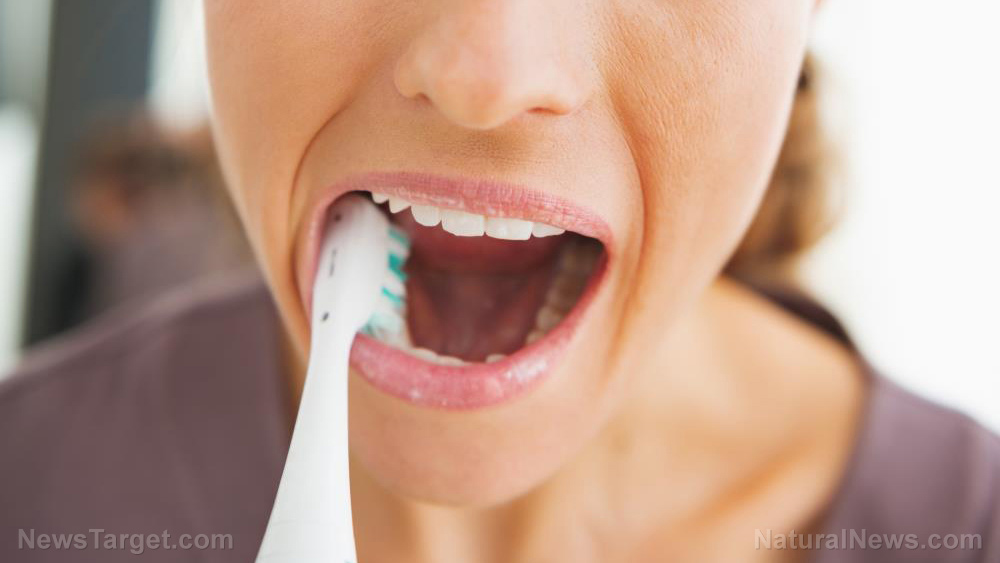
The practice of brushing your teeth is an effective method of achieving oral hygiene. However, with the advent of commercial toothpaste types that claim to prevent dental caries (the medical term for tooth decay), as well as inhibit the growth of dental plaque and gingivitis, their adverse side effects have been a growing cause for concern.
A particular risk is the presence of fluoride in commercial toothpaste products. According to consumer group Fluoride Action Network, almost 95 percent of all toothpaste sold in the U.S. contain fluoride. In particular, children who are exposed to fluoride while brushing are at risk of permanent tooth discoloration, stomach ailments, acute toxicity, and an impairment of glucose metabolism. Currently, reports of fluoride-related cases exceed 23,000 cases a year. (Related: Got White Spots on Your Teeth? Hidden Dangers of Fluoride Exposed.)
Herbal toothpaste, on the other hand, is known to have anti-inflammatory, antimicrobial, astringent action, anti-diabetic, antifungal, analgesic, and even antiseptic activity. However, the data regarding these properties are limited at best. Thus, the researchers took on the study as scientific literature on herbal toothpaste was scarce, particularly those that discussed its effects on saliva and its constituents.
To understand this, the team recruited 45 individuals to participate in the clinical trials. The participants, aged between 19 to 21 years, were randomly divided into three groups. Each group was then given a different herbal toothpaste. They were then asked to brush their teeth for three minutes. Participants were to brush twice daily for four weeks. Each week, saliva samples were collected before and after brushing to measure for salivary glucose and pH levels.
Based on the results, all three herbal toothpaste brands reduced the overall levels of salivary glucose after brushing. Moreover, there was an increase in pH levels after brushing. The researchers also found no adverse reactions to the toothpaste, with participants saying that it was good.
The increase in pH level after brushing, according to the team, could be an effect of the ingredients present in the toothpaste. Peelu (Salvadora persica), neem (Azadirachta indica), licorice (Glycyrrhiza glabra), and cinnamon (Cinnamomum verum), which were present in the toothpaste samples, all help stimulate the salivary gland. This, in turn, may account for the increase in pH in saliva. In addition, the act of brushing stimulates the flow of saliva, releasing calcium and phosphorus – both of which have antibacterial properties as well – from the toothpaste.
Salivary glucose, on the other hand, is reduced by the presence of neem, babool (Acacia nilotica), and vajradanti (Barleria prionitis) which has sugar-lowering properties. In addition, also present in the toothpaste are pomegranate (Punica granatum), jamun (Syzygium cumini), cinnamon, licorice, anantmul (Hemidesmus indicus), and amla (Phyllanthus emblica) – ingredients known for its anti-diabetes properties. This may explain the decrease in glucose levels in saliva.
Researchers deduced that herbal toothpaste can significantly inhibit glucose activity in the saliva and improve its pH level. "The present study has shown positive influence of herbal toothpastes on these two salivary parameters," they wrote. "Long term clinical trials involving larger samples of different age groups and incorporating a proper control need to be conducted to assess the efficacy of herbal toothpaste."
Learn more about the dangers of fluoride by going to Fluoride.news today.
Sources include:
Please contact us for more information.























